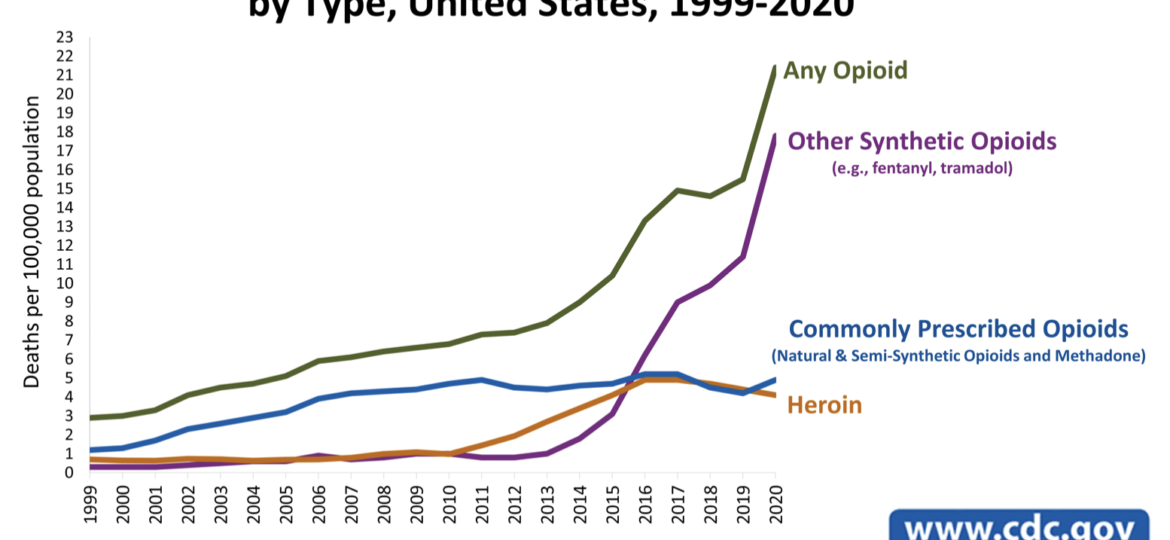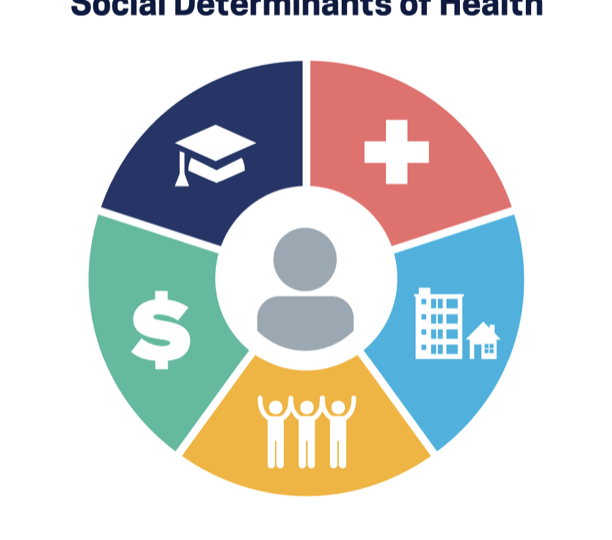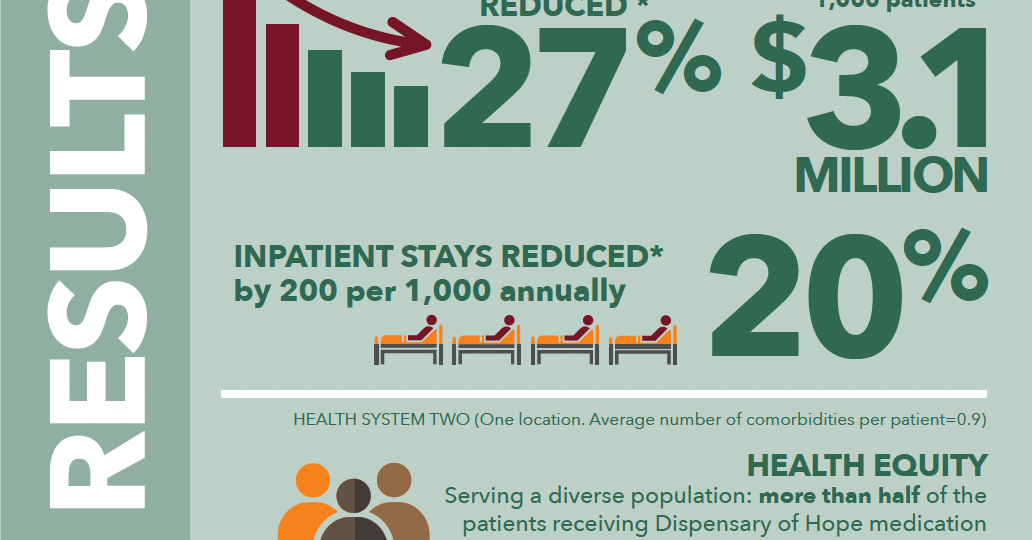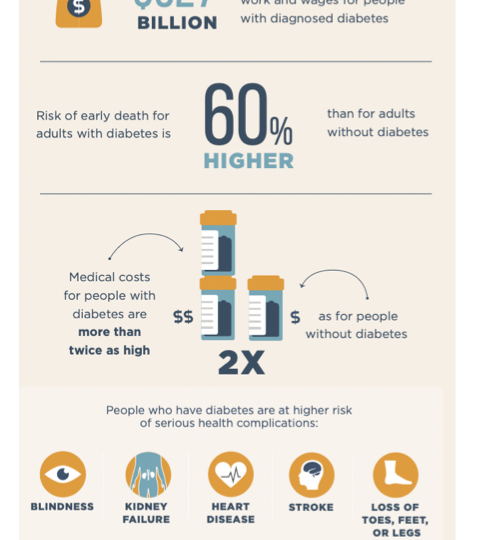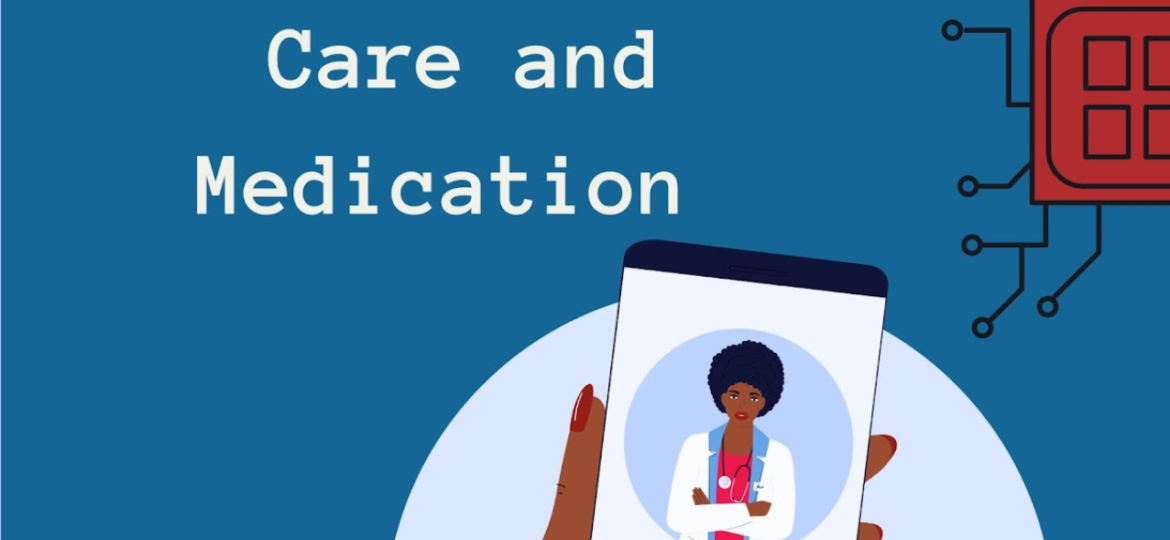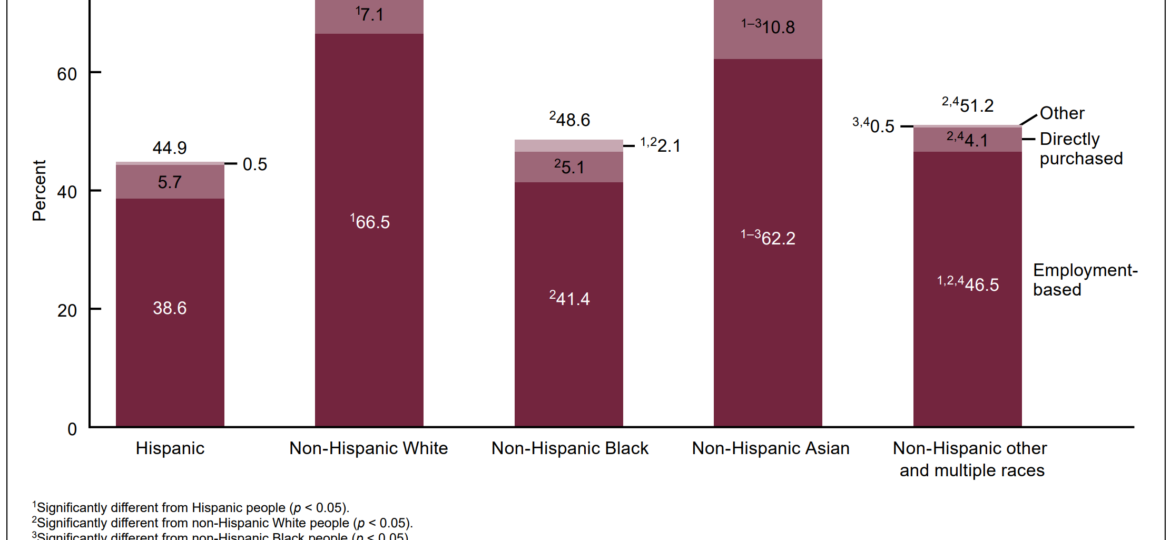Patients taking opioid dosages at or above 50 MME/day are twice as likely to overdose compared to those taking 20 MME/day, and the risk further increases as the MME/day increases.
Blog
The COVID-19 pandemic forced discussions about social determinants of health (SDOH) back into the forefront of healthcare discussions. Knowing that 80% of a person’s health outcomes are impacted by these external factors – economic, social, community, education, and more – we, as industry leaders, must shift these discussions about SDOH implementation from a lofty goal into a reality. How do we get there?
How Should Physicians and Pharmacists Collaborate to Motivate Health Equity in Under-served Communities?
A national study with RTI International shows reduced hospital utilization for patients enrolled in a Dispensary of Hope medication access…
Nonprofit and independent pharmacies in your community can ease the burden of high drug costs, and clinicians are well-positioned to connect those in need with their services.
Diabetes is a chronic disease that has a huge impact on one’s daily life and is the 7th leading cause of death in the United States
For low-income patient populations or those that live in rural or remote areas, transportation to appointments can be problematic and result in missed or canceled visits. Improved care quality and reduced healthcare costs have both been demonstrated with the telehealth model.
United Healthcare, one of the largest health insurance companies, plans to “eliminate out-of-pocket costs on several prescription drugs,” including essential and emergency medications.
This report presents national estimates of different types of health insurance coverage and lack of coverage (uninsured). Estimates are presented…
June 26, 2022, the newly opened Ritesh Shah Charitable Pharmacy, first independent charitable pharmacy in New Jersey, held a gala…


